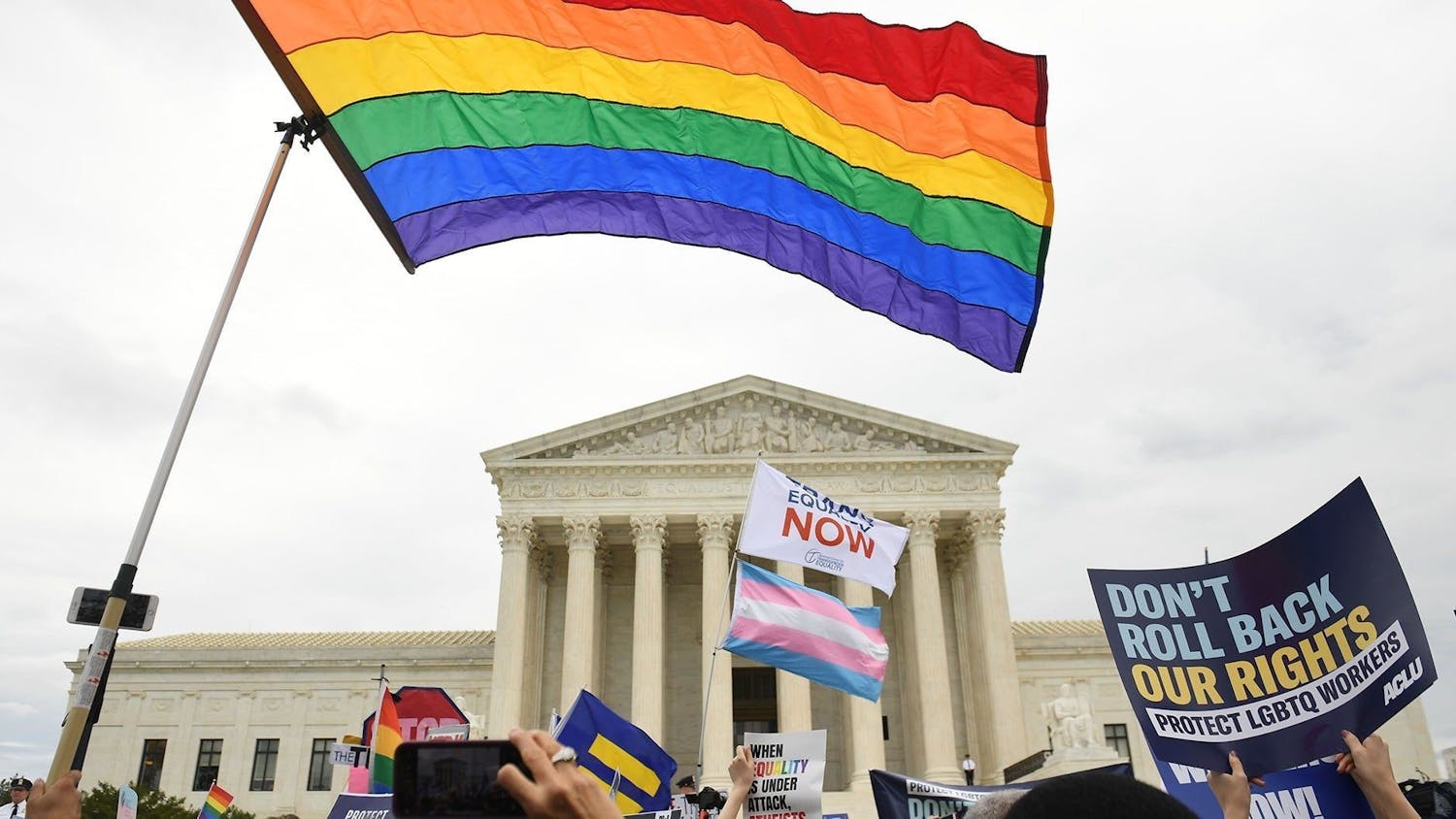A unanimous decision from the U.S. Supreme Court clarified workers’ protections in relation to religious accommodations. This case may now become a new landmark for religious protections.
The decision came Thursday as the U.S. Supreme Court, or SCOTUS, released several different rulings this past week, including decisions on affirmative action, voters rights and student loan debt relief. While this case was not at the forefront of those released decisions, the effects of the ruling should receive your attention.
The case began in Ohio’s neighboring state, Pennsylvania, with Gerald Groff. According to the Associated Press, Groff was a mail carrier for the U.S. Postal Service who declined to work on Sundays, saying he needed the day for church and family. At first, the company tried to accommodate him but ended up scheduling him anyway. When Groff didn’t show up, the Postal Service said he created a tense environment and contributed to morale problems. Groff eventually quit and then sued for religious discrimination.
Initially, Groff v. DeJoy was ruled in favor of the Postal Service by the U.S. Court of Appeals for the 3rd Circuit. This decision cited a 1977 SCOTUS ruling, Trans World Airlines, Inc. v. Hardison. Trans World Airlines, Inc. v. Hardison explains how a request to provide religious accommodation can cause undue hardship on the employer. Groff disagreed and appealed.
SCOTUS picked up the case and flipped the decision. In the majority opinion, written by Justice Samuel Alito, the Court disagreed with the 3rd Circuit ruling. Alito writes the interpretation used before is “erroneous” as it pays “insufficient attention” to Title VII of the Civil Rights Act of 1964.
Title VII of the Civil Rights Act of 1964 makes it unlawful for an employer to discriminate against someone because of race, color, religion, sex or national origin, according to the U.S. Department of Justice.
“Title VII requires that an employer ‘reasonably accommodate’ an employee’s practice of religion, not merely that it assess the reasonableness of a particular possible accommodation or accommodations,” Alito said in the opinion. “Faced with an accommodation request like Groff’s, an employer must do more than conclude that forcing other employees to work overtime would constitute an undue hardship.”
Under Title VII, Alito explains that undue hardship can’t be attributed to “employee animosity to a particular religion, to religion in general, or to the very notion of accommodating religious practice.” In other words, companies' bias or hostility against religion is not a defense for not providing religious accommodation.
“I hope this decision allows others to be able to maintain their convictions without living in fear of losing their jobs because of what they believe,” Groff said in a press release.
This isn’t the only decision SCOTUS has made regarding religion in the last few years. With a conservative majority in the court, it seems the U.S. Supreme Court has been sensitive to religious issues. Other decisions have included Kennedy v. Bremerton School District, which ruled in favor of a public school football coach who prayed on the field after games, and the American Legion v. American Humanist Association, which allowed a cross-shaped monument to remain on public property.
Specifically with Groff v. DeJoy, Americans of all religious beliefs could benefit from using this ruling in future cases. An interview from USA Today with a professor from the University of Virginia pointed out cases where this decision could be applied. In a 2006 case, where a court ruled against an auto-repair shop worker for refusing to cut his hair due to his faith, this decision would be applicable and may have led to a different end result.
Additionally, this decision brings a focus on the worker. It feels rare for the United States government to stand by the worker instead of the industry. This shows a step in the right direction for the government in its willingness to help the worker stand against discrimination, even if it inconveniences the employer.
The Pew Research Center found that 77% of Ohioans are religious, and it’s completely possible that some of these individuals run into religious discrimination in their workplace. Now, they’ll have a case to point to in order to demand accommodation for those beliefs.
Claire Schiopota is a senior studying journalism. Please note that the opinions expressed in this column do not reflect those of The Post. Want Claire to cover a certain topic or talk about her column? Email her at cs123719@ohio.edu or tweet her @CSchiopota.






